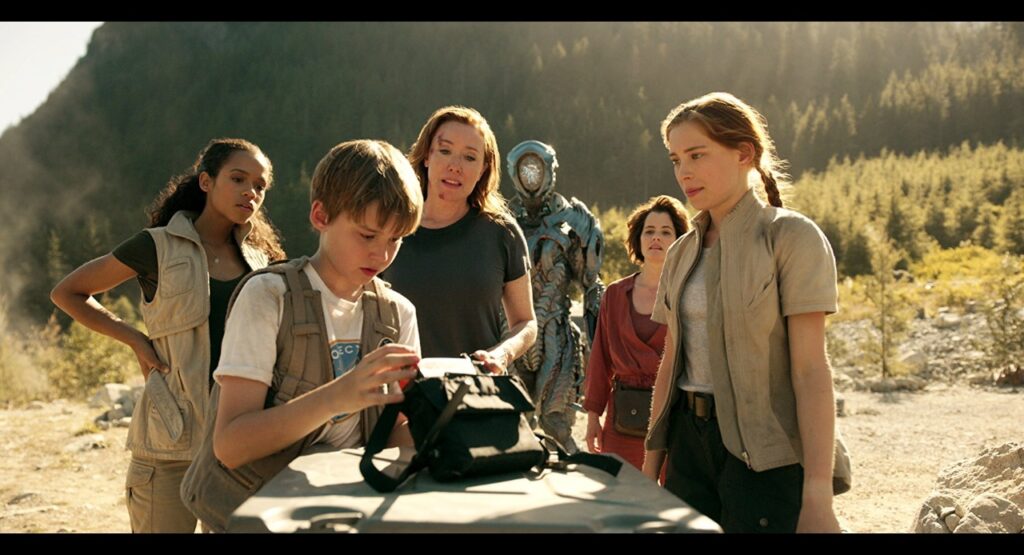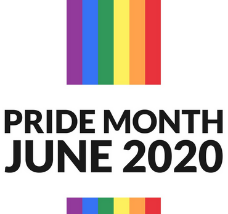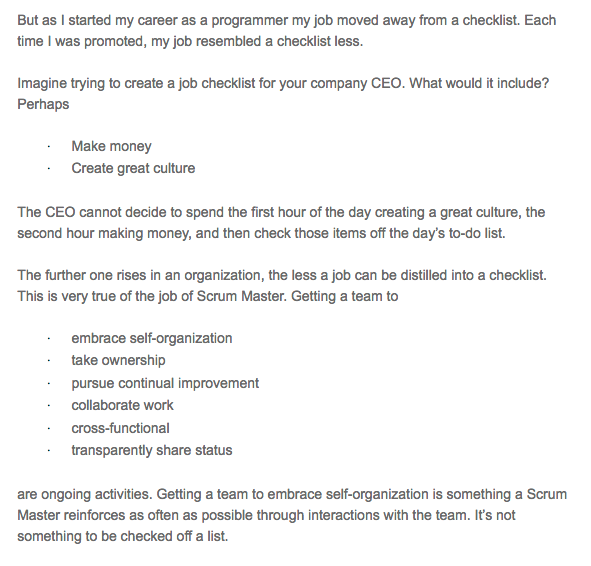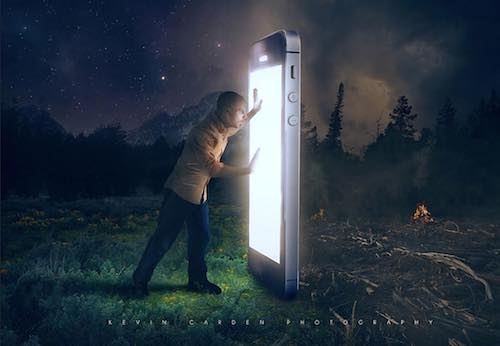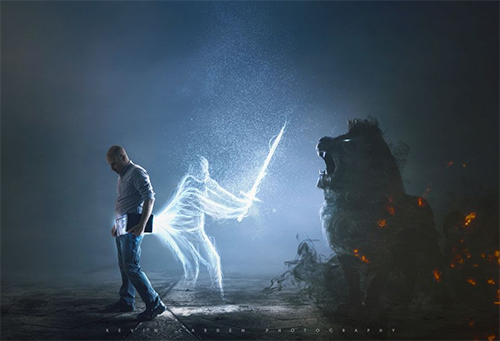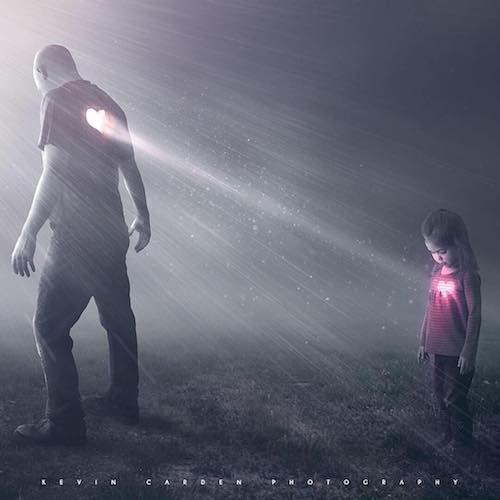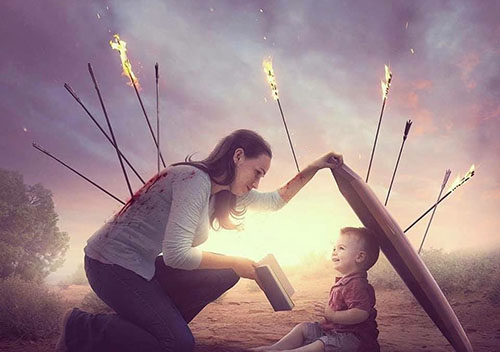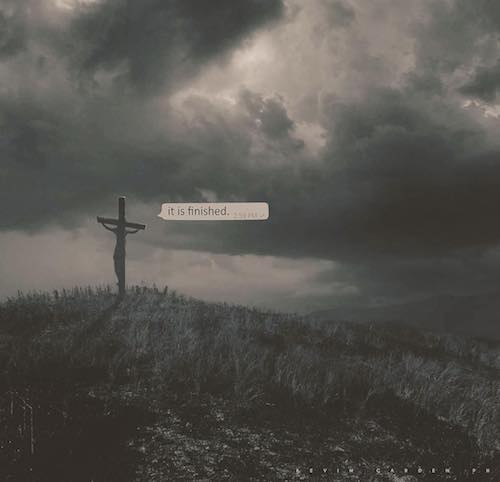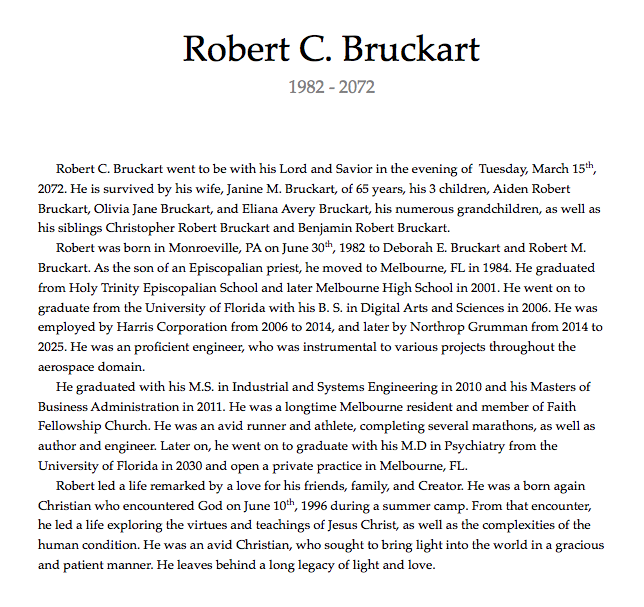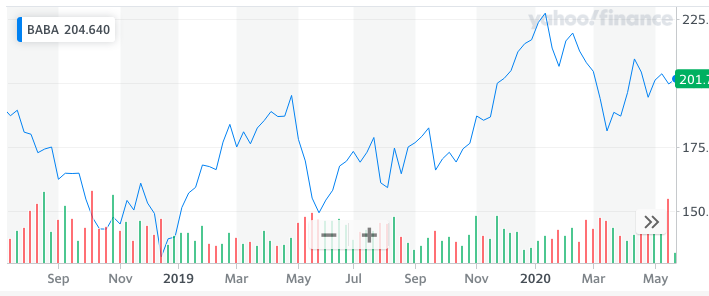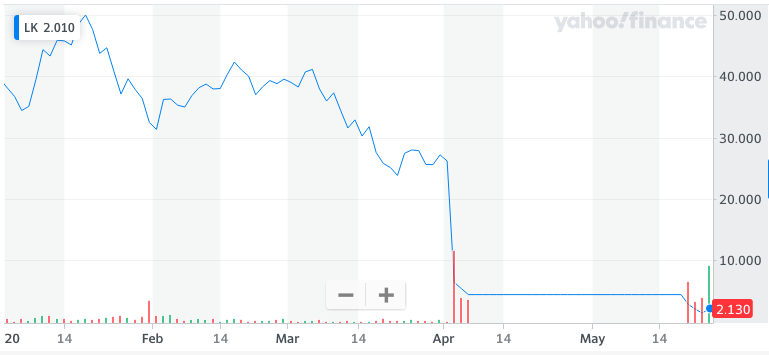The story of the human race is the story of men and women selling themselves short. – Abraham Maslow
Several weeks ago, one of my longstanding mentors asked me if I had read The Miracle Morning by Hal Elrod. He proceeded to tell me how this book revolutionized his life. It had instilled a morning routine. A routine that started at 5 AM and included a myriad of personal development activities that felt like Christmas. Christmas? I simply don’t believe it. To be honest, I was a little bit annoyed. Because the truth is that LinkedIn is overflowing with life coaches and motivational speakers who proudly (and loudly) wake up before anyone else, run a zillion miles, and then finish it with a power smoothie – all before work.
And frankly, that’s exactly how Hal Elrod’s begins his book. You quickly learn that he’s an ultra successful salesman. Who seemingly lives the perfect life. At some point, Hal’s journey is derailed as he is hit by a drunk driver, where he endures intense trauma and begins a journey of courage, resiliency, and strength.
The Miracle Morning is centered upon the following two principles:
- Accepting total responsibility for every aspect of your life and refusing to blame anyone else. The degree to which you accept responsibility for everything in your life is precisely the degree of personal power you have to change.
In Hal’s specific case, while the drunk driver was at fault for the crash, he was responsible for improving my life. - And an idea championed by Jim Rohn (Hal’s personal mentors), who said that our levels of personal success will rarely exceed our level of personal development, because success is something we attract by who we become.
Personal Development and The Millionaire Hour
There is no secret that affluent people simply read more books. For many years, I would listen to the Dave Ramsey Podcast, where he would have a session called “The Millionaire Hour”. Dave methodically asked each guest about their favorite book.
For many years, I would shadow read the books mentioned during Dave’s Millionaire Hour. The books were extraordinary. And that reading alone changed my life. While Hal’s topic of “personal development” essentially includes reading, writing, and exercise, I can say that reading alone is probably the greatest proponent of personal development for his clients.
Review
While I would consider The Miracle Morning a book worth reading, the key concepts were somewhat disappointing to me. And that is largely due to the fact that it reads just like a book a motivational speaker would write. That very tired transcript includes the topics of vision boards, ultramarathons, and a questionable lack of sleep.
Perhaps it’s my age, but I feel like The Miracle Morning falls into the trap of imbalance that so many life coaches and motivational speakers entertain. This topic is seen obvious in the discussion of sleep, where there is a subtle desire to sleep less as if it is an offense to an overactive ADHD lifestyle.
Key Takeaways
All that being said, The Miracle Morning touches upon ideas that will undoubtedly add value to my life. Those include:
- Purpose
This lifestyle of “go go go” only makes sense if it is connected to a greater vision or purpose. While this is an obvious point, it reminded me of Proverbs 29:18 (Where there is no vision, the people perish…) In fact, I would argue that a lack of vision or purpose can be deadly. The Miracle Morning caused me to question my purpose. If you are waking up every morning with the enthusiasm to “conquer the day” – that only makes sense if you are tied to a greater vision or purpose. - Running
Running has become a part of my life since I took cross country in the grade school. And like Hal experience, running has a way of calming my mind and body in a wonderful way. The Miracle Morning touches upon how running affects your body emotionally (“Motion creates emotion.” – Tony Robbins), and consequently, the relationships that surround you.
Throughout my life, I’ve met several runners who asked me to make a “lifetime commitment” – to run every single day of my life. While I have not made that commitment, that idea continues to surface in my mind. There is no doubt to me that people who regularly run sleep better, are emotionally more stable, and overall healthier. - Energy Management
Several years ago I had a close friend who was starting a business. He would work exceedingly long days while in the mode of executing his business plan. It was excruciating to watch. At some point, he transitioned to working part time. At one point he told me that he was shocked at how tired he was leaving work everyday. He emphasized this point, saying that I didn’t recognize how much energy I gave work on a daily basis. To combat this fatigue, he changed his schedule where he would work on his business in the morning, with his part time job in the evenings.
Having incorporated The Miracle Morning into my routine, I’m amazed at how much more energy I feel simply by having a glass of water after waking up. It’s the subtle things. And likewise, after exercising. It occurred to me that the morning are some of my most alert and attentive hours of my day. Securing that time for myself – for personal development – is a wonderful gift. - Affirmations
My personal leadership style is one of vulnerability. And while I have found this a wonderful catalyst for building teams by making them feel safe, it hasn’t gone without criticism. I’ve met others who dislike my open and honest leadership style. And who have told me I need to be more restrictive, controlling, and confrontational.
I mention this because I personally struggle with a mental narrative that is not so nice. And while that mental narrative has been one of the reasons of my success in its relentless and consistent message (the unending desire to be better and greater at my profession), the reality is that I have moments where I feel stupid. Or like a failure.
For the first time in my life, after reading The Miracle Morning, I crafted a personal affirmation. And this might possibly be one of the most powerful acts of love I did for myself this year. By simply visualizing who I want to be, and affirming my strengths. By hearing it out loud… I have begun to change as a person. In some sense, I took control of this mental narrative.
Personal affirmations are incredibly powerful. They can change your life. And this was a missing puzzle piece of my personal development routine.
The Hidden Lesson
The Miracle Morning explores upon the potential gap and asserts that each of us as a responsibility to make the most of our lives. Regardless of our limitations and disabilities, the human spirit, the impetus, is for us to overcome. To achieve. To succeed.
And this brings us to oddity of the book. While Hal Elrod touches upon a variety of powerful ideas, but I feel like he fails to capture the most important idea hidden within the confines of The Morning Miracle.
That idea starts with the acknowledgment that most people hate waking up early in the morning. They live lives they don’t love. In essence, their lives are characterized by a mediocrity that maintains the potential gap (i.e. you have not yet reached utilized all your talents and abilities). And this could not be more perfectly illustrated with the “Snooze Button”, which essentially is a signal that says you don’t want to wake up. That you prefer the warm confines of your bed.
The Miracle Morning poses the question – Is that the life you want to live? A snooze button life?
The Miracle Morning isn’t really about a personal development routine. It’s a wake up to the life you want to live. It’s about getting out of bed not because it’s difficult to get out of bed – or trying to be stronger than others. But being called out of bed in order to have the opportunity to pursue a vision or a dream of a life you earnestly desire.
My entire day is changed by simply reserving 1 hour (the best hour) of time to myself, for myself, every single morning. I no longer wake up with the feeling that I need to rush to work as soon as possible. I invest my time how I want, and then go to work when I am ready. And that time is connected to a vision and purpose that is exciting and powerful. This is how The Miracle Morning can transform your life. It is a way of reclaiming your time. To be willful and deliberate in your desire to wake up and succeed.
